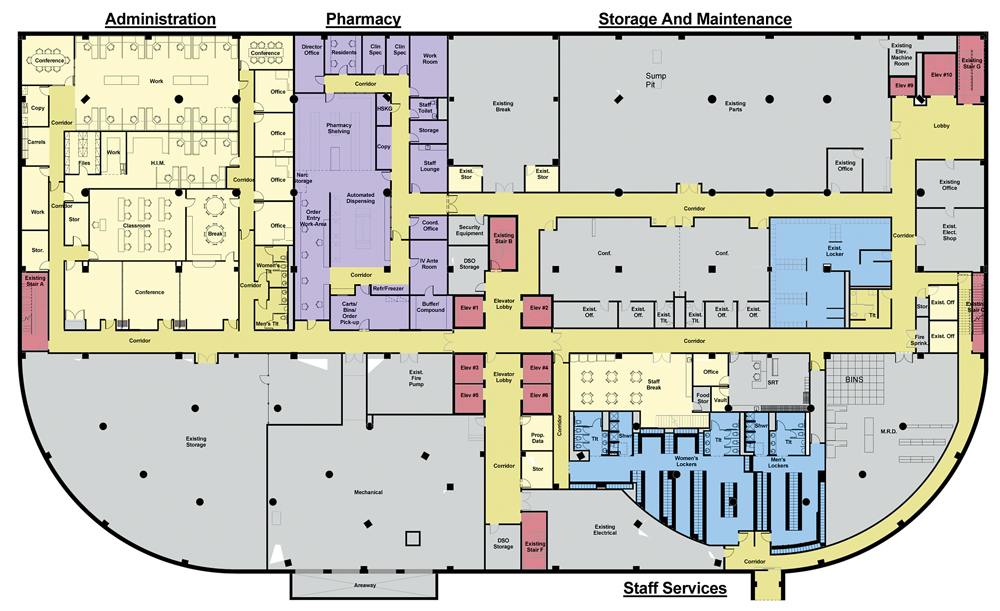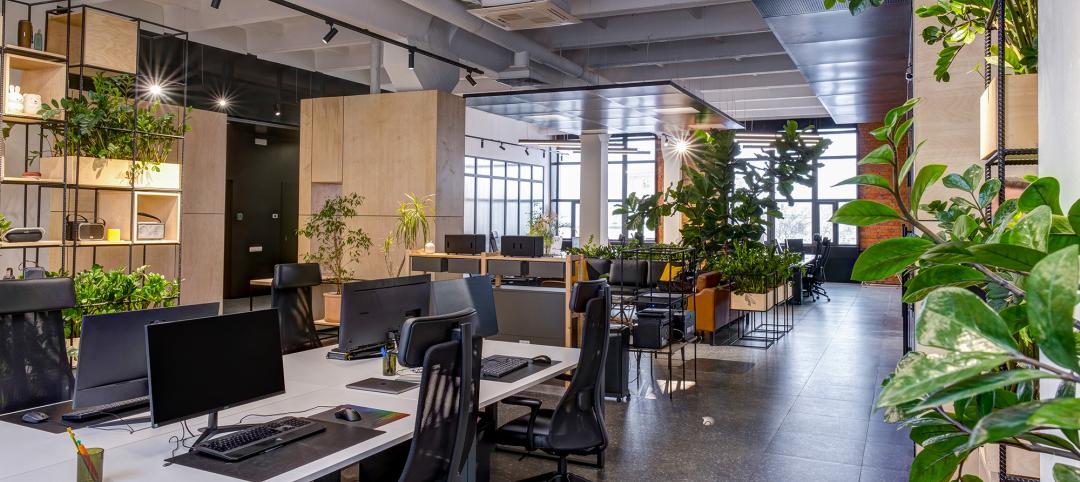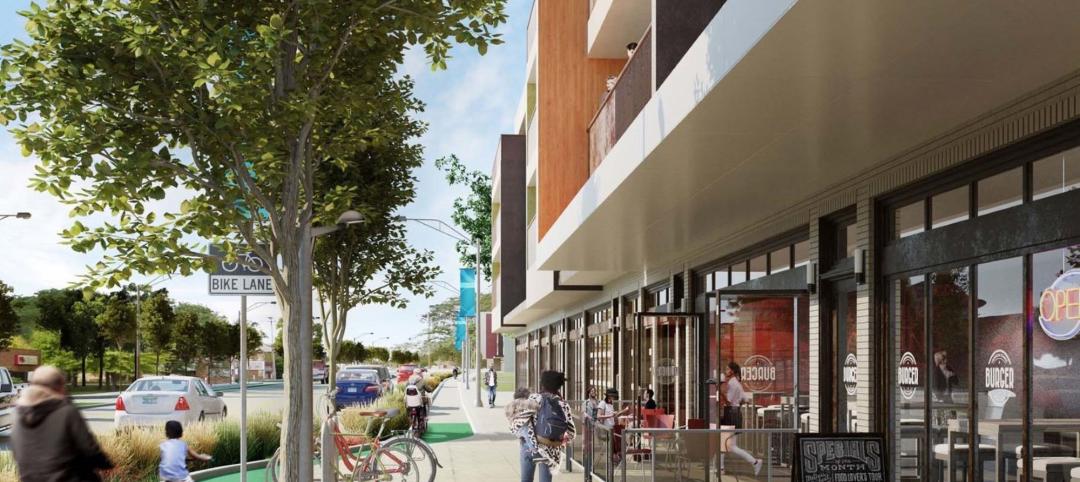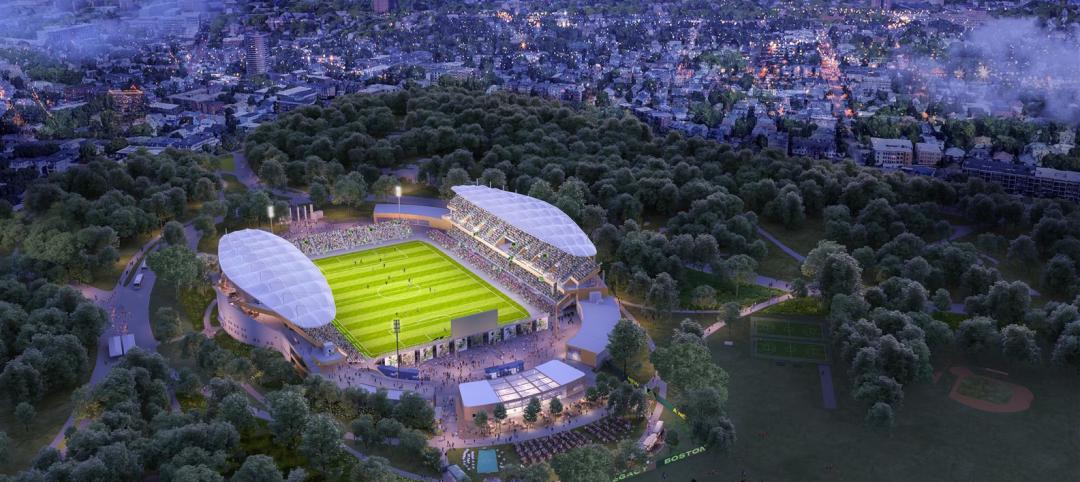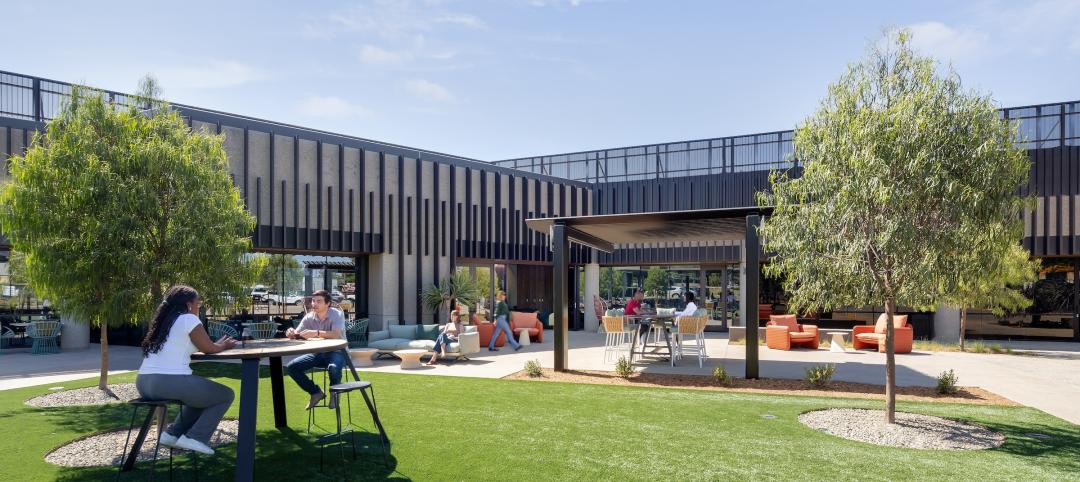On any given day, the Dallas (Texas) County Jail adds between 300 and 350 inmates to its population of about 6,000. Among those new arrivals, at least half are ill, and about one in every six has some kind of mental illness.
Providing medical care within a correctional facility poses difficult logistical problems. On a busy day, the Dallas County Jail has to send up to 10 patients to nearby Parkland Hospital for higher levels of care in Parkland’s emergency department or inpatient area. Those transfers represent a security risk and add to the cost of guarding prisoners.
Since taking over the correctional health services for the jail in 2006, Parkland Health & Hospital System has remade the facility into a recognized national model for providing efficient healthcare to the incarcerated. More recently, Parkland has been using $38 million of county money to retrofit the three bottom floors of the jail’s North Tower into medical and mental health infirmaries totaling 300 beds, an expanded pharmacy, classrooms, and administrative offices.
Sharon Phillips, RN, Chief Administrative Officer for Parkland Health & Hospital Services, says the new facility will allow Parkland to better monitor its more acutely ill inmates, perform minor surgery, and provide IV treatments without having to transport prisoners outside the jail. A new mental health floor will offer classes in anger management, personal hygiene, and health maintenance.
Phillips says that once the new facility is up and running, most of the sick or injured inmates who previously had to be sent to area medical centers will be able to be treated at the jail’s infirmary or medical/surgical unit. “One of the most common reasons we send individuals to the Parkland campus is for chest pain,” she says. “When the new infirmary opens, we will be able to keep most of those inmates at the jail.”
Architecture firm HDR, which designed the jail more than two decades ago, is handling the renovation. HDR Senior Project Manager Jeffrey Forrest says clearing, demolishing, and rebuilding the interiors of three bottom floors without disturbing the six floors above led to some surprises, such as a deeply buried underground sewer system that needed to be uprooted.
The medical facility is scheduled to open next May. Azteca + Russell + Turner is the joint venture GC. Hill International is the project manager.
Read about more innovations from BD+C's 2014 Great Solutions Report.
Related Stories
MFPRO+ New Projects | Oct 30, 2024
BIG’s One High Line finally reaches completion in New York City’s West Chelsea neighborhood
One High Line, a luxury residential project spanning a full city block in New York’s West Chelsea neighborhood, reached completion this summer following years of delays related to investor lawsuits.
Urban Planning | Oct 30, 2024
Bridging the gap: How early architect involvement can revolutionize a city’s capital improvement plans
Capital Improvement Plans (CIPs) typically span three to five years and outline future city projects and their costs. While they set the stage, the design and construction of these projects often extend beyond the CIP window, leading to a disconnect between the initial budget and evolving project scope. This can result in financial shortfalls, forcing cities to cut back on critical project features.
MFPRO+ New Projects | Oct 30, 2024
Luxury waterfront tower in Brooklyn features East River and Manhattan skyline views
Leasing recently began for The Dupont, a 41-story luxury rental property along the Brooklyn, N.Y., waterfront. Located within the 22-acre Greenpoint Landing, where it overlooks the newly constructed Newtown Barge Park, the high-rise features East River and Manhattan skyline views along with 20,000 sf of indoor and outdoor communal space.
Libraries | Oct 30, 2024
Reasons to reinvent the Midcentury academic library
DLR Group's Interior Design Leader Gretchen Holy, Assoc. IIDA, shares the idea that a designer's responsibility to embrace a library’s history, respect its past, and create an environment that will serve student populations for the next 100 years.
Resiliency | Oct 29, 2024
Climate change degrades buildings slowly but steadily
While natural disasters such as hurricanes and wildfires can destroy buildings in minutes, other factors exacerbated by climate change degrade buildings more slowly but still cause costly damage.
Office Buildings | Oct 29, 2024
Editorial call for Office Building project case studies
BD+C editors are looking to feature a roundup of office building projects for 2024, including office-to-residential conversions. Deadline for submission: December 6, 2024.
Healthcare Facilities | Oct 28, 2024
New surgical tower is largest addition to UNC Health campus in Chapel Hill
Construction on UNC Health’s North Carolina Surgical Hospital, the largest addition to the Chapel Hill campus since it was built in 1952, was recently completed. The seven-story, 375,000-sf structure houses 26 operating rooms, four of which are hybrid size to accommodate additional equipment and technology for newly developed procedures.
Multifamily Housing | Oct 28, 2024
A case for mid-rise: How multifamily housing can reshape our cities
Often referred to as “five-over-ones,” the mid-rise apartment type is typically comprised of five stories of apartments on top of a concrete “podium” of ground-floor retail. The main criticism of the “five-over-one” is that they are often too predictable.
Sports and Recreational Facilities | Oct 24, 2024
Stadium renovation plans unveiled for Boston’s National Women’s Soccer League
A city-owned 75-year-old stadium in Boston’s historic Franklin Park will be renovated for a new National Women’s Soccer League team. The park, designed by Fredrick Law Olmsted in the 1880s, is the home of White Stadium, which was built in 1949 and has since fallen into disrepair.
Laboratories | Oct 23, 2024
From sterile to stimulating: The rise of community-centric life sciences campuses
To distinguish their life sciences campuses, developers are partnering with architectural and design firms to reimagine life sciences facilities as vibrant, welcoming destinations. By emphasizing four key elements—wellness, collaboration, biophilic design, and community integration—they are setting their properties apart.


